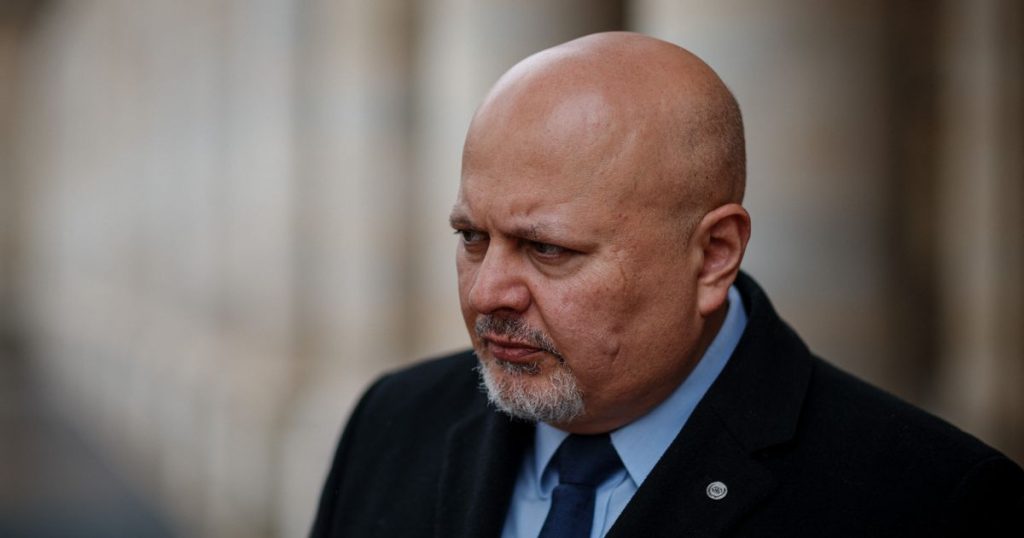The International Criminal Court’s prosecutor, Karim Khan, faced pressure from the United Nations Security Council to take swift action against Israeli leaders and Russian President Vladimir Putin over alleged war crimes. Khan assured that he would not be swayed or intimidated as his team investigates possible war crimes or crimes against humanity in Gaza, the Palestinian territories, and Ukraine. Libya’s U.N. ambassador demanded that the ICC issue arrest warrants against Israeli officials for committing genocide, war crimes, and crimes against humanity. The Russian ambassador criticized the ICC as a politicized “puppet body” controlled by the West, in response to an arrest warrant issued for Putin for alleged war crimes in Ukraine.
The ICC found itself embroiled in controversy as tension escalated between the Western and Eastern power blocs. Russia issued an arrest warrant for Khan in retaliation for the warrant against Putin, leading to sharp criticism from both sides. The U.S. Congress introduced a bill to sanction ICC officials that investigate the U.S. or its allies, raising questions about the credibility and neutrality of the court. The ICC’s effectiveness was questioned in light of ongoing conflicts such as the war in Gaza, where the Israeli military retaliation had resulted in a high number of civilian casualties.
The ICC’s involvement in the Israeli-Palestinian conflict drew mixed reactions from the international community. Some countries expressed hope that the court would take a serious approach to its investigations and demonstrate independence from political pressures. Others accused the ICC of being used as a tool by certain members of the international community to advance their agendas. Khan reaffirmed the court’s commitment to upholding justice and standing up for victims, despite facing threats and pressure from various quarters. He emphasized the importance of allowing the law to take its course in addressing crises around the world.
The situation highlighted the challenges faced by the ICC in pursuing its mandate to hold perpetrators of the gravest crimes accountable. The court’s actions in response to conflicts in Gaza, Ukraine, Libya, and other regions were scrutinized for their fairness, impartiality, and effectiveness. The escalating tensions between major powers and the ICC raised concerns about the politicization of international justice and the ability to ensure accountability for atrocities. Despite the external pressures and criticisms, Khan reiterated the ICC’s commitment to upholding the law with integrity and independence in the face of complex and politically charged situations.


